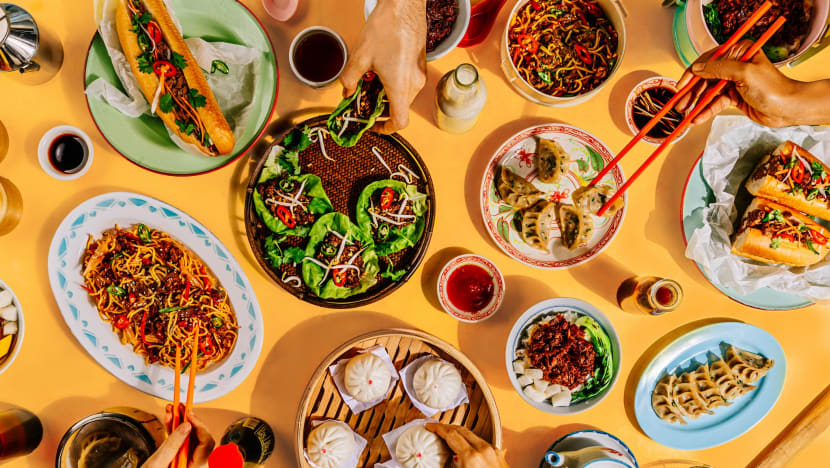With multiple forces acting against global food security, researchers in Singapore have been innovating. Read their solutions that help combat food waste and obesity, while improving health and sustainable food production.
The global food crisis marches closer. Droughts and floods caused by climate change are threatening our ability to produce enough food for a growing global population. According to Intergovernmental Panel on Climate Change estimates, crop yields could fall by up to 25 percent by 2050.

Aside from this impact, the COVID-19 pandemic has disrupted supply chains which have also impacted food security. This has led to shortages in all manner of foodstuffs from poultry to palm oil, as well as escalating food prices.
Geopolitical tensions and conflicts add to this growing food insecurity by limiting access to energy, creating rising inflation and debt.
At the same time, almost one-third – 1.3 billion tonnes – of the food produced for human consumption is wasted or lost every year, according to the United Nations. And all the while obesity rates are alarmingly high: 1.9 billion adults are overweight or obese according to the World Health Organization.

Against this backdrop, NTU researchers have devised innovative solutions so that we can provide for a sustainable future. They support the university’s commitment to mitigating our impact on the environment, which is one of four ‘humanity’s grand challenges’ that NTU has identified and seeks to address through its NTU 2025 strategic plan.
** Click here to read the full-text **









